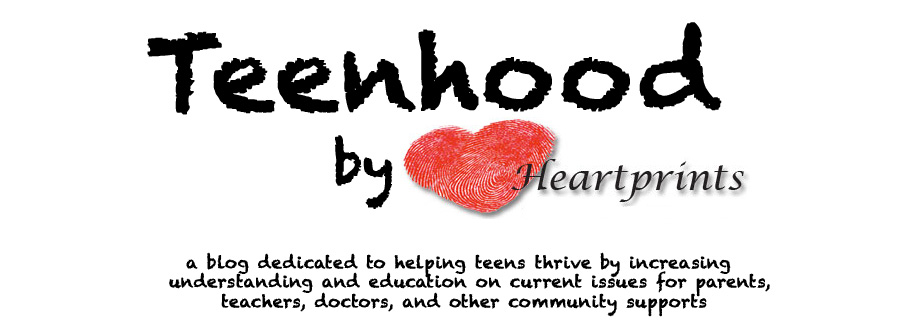Have you ever had a teenager tell you “My therapist said….” followed
by something bizarre, confusing, or conflicting with your values/rules? Even as
adults, people will explain a change in behavior referring to a
counselor's direction. And it is true counselors may say or ask clients to
change thoughts/behaviors/emotions for a variety of reasons. There is an
assumption if someone is in counseling, they want life to
be different. This only comes with change. But what do you do when the “my
therapist said…” statement challenges your values/rules? Without any
context, it can be upsetting to have your values/rules challenged by someone
who influences your teenager. Typically, therapists do not work to undermine
parent’s/caregiver’s authority.
However, with teens, it is not uncommon for context to be
excluded when talking about something their counselor said. Other times the
original intent has been skewed for a variety of reasons. Sometimes it is intentional. Other times it is
accidental. While still other times, it is truly misunderstood.
For example: In one session, Mary and I were talking about
the importance of expressing her emotions in a safe way. One of the suggestions
I offered was a password protected writing program (i.e. Microsoft Word). Later
at home, Mary’s parents asked her for her phone password. Mary told her parents
"My therapist said I should have privacy on my phone." and refused to comply. Naturally this was confusing for the parents. Mary had chosen to journal on her phone and consequently privacy should extend to her whole phone. Fortunately, the parents asked me about it and I was able to clear up the miscommunication while discussing with Mary alternate places to confidentially express
herself (parents should have access to phone passwords with any minor in their care).
If you hear “my therapist said….” from your teenager and what
follows does not keep with the family values, please clarify. Start by responding "Hmm...that sounds interesting. Tell me more about that." If what is relayed continues to be conflicting with values/rules even with more context, ask to talk to the counselor. Teenagers discover the therapist may hold a lot of weight with their parents
and intentionally mislead them. Other times they may have misinterpreted the counselor’s
intent. Teenagers may mistake validation as approval or agreement. To get the
most out of the counseling experience for your teenager, good communication and
clarification are vital.
If your teenager will not let you talk to their therapist to
clarify, let them know you will be unable to make or support any changes
without clarification as it goes against family rules/values. But, let them know you would be very willing
to listen and clarify if you could talk with the therapist for one session or
even half of one session. Some teenagers are more willing to agree if they can
still be present with the parent and counselor.
Be careful not to bad mouth the counselor or contradict what they have said without clarifying because it undermines your teenagers therapeutic progress. If no resolution or clarification can be attained, respectfully say, "Everyone has a different opinion" or "I'm not sure how that will work in our home." Don't let the counselors 'advice' become another area of conflict between you and your teenager.
A teacher once told her children’s parents at
orientation “I promise not to believe everything they say about you, if you
promise not to believe everything they say about me.” While counselors validate
and accept what their teenage clients say, they also take it with a grain of
salt. People have different perspectives and are entitled to their opinion.
This is true with all clients not just adolescent ones. Counselors recognize
they often are only seeing one point of view and encourage parental involvement
whenever possible to more efficiently resolve the presenting issues. Ultimately, the caregivers/parents make the rules of the household not the counselor.
